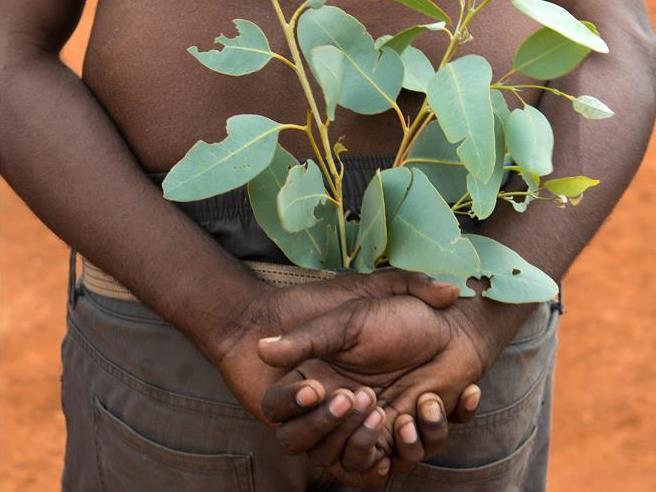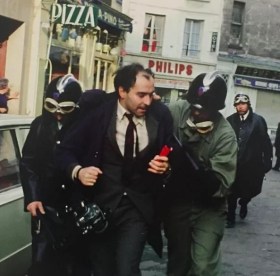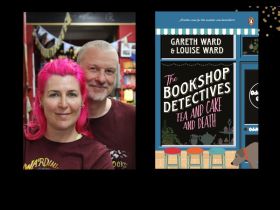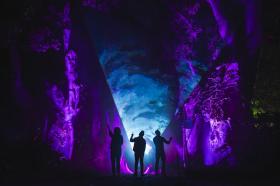Artists perform at Tjala Arts during a tour through APY Lands. Photography by John Montesi
Art’s capacity to engage at-risk young people is no better understood than by the arts workers, elders, senior and emerging artists in art centres in remote communities.
Director of Tjala Arts, Nyurpaya Kaika, told ArtsHub it is crucial for art centres to engage young people in the community, ‘It’s hard for our young ones in community. There isn’t work for this younger generation, and we have problems with drugs and alcohol coming into communities being sold to our young people. There is no real place for young people to go for help or to stay away from community problems’.
Located in Amata in the Anangu Pitjantjatjara Yankunytjatjara Lands (APY Lands) in South Australia, Tjala Arts is an Aboriginal owned and run arts centre. Described by senior artists as the ‘true heart of Amata community,’ the centre is used as a vehicle for change in the community.
‘We have been bringing them into the Art Centres, supporting their work. Our young people can make money, learn about their culture, and stay away from the community problems in the Art Centre. These young people are the future of our Art Centre’s so it important for them to start early,’ said Kaika.
In the art centres in the APY Lands, initiatives and agendas are set by a Board of Directors composed of elders representing the different art groups, which are then supported by the arts managers and workers.
Tjala Arts manager Skye O’Meara told ArtsHub, ‘The art centre can be whatever the elders want it to be,’ with centres raising money for anything from football uniforms, to creating art exhibitions to raise awareness of important social issues.
Across the APY Lands, specific projects have been developed to engage younger people. The Kulata Project is one of Tjala Arts’ ongoing maintenance programs which began in Amata with senior law men Willy Kaika and Hector Burton, among others, passing on traditional knowledge and age-appropriate skills in spear making to younger generations. First appearing in Dark Heart in 2014 at the Adelaide Biennial at the AGSA, the project continues to evolve and now includes men from across the APY communities.
O’Meara said the young men really enjoy multidisciplinary projects like the Kulata Project and finding new ways of storytelling including through light, sound and new technologies.
Remote art centres as a vehicle for change
ArtsHub takes the rare opportunity to visit the art centres that are building Aboriginal communities in APY lands in South Australia.
2 Apr 2015 12:00
[This is archived content and may not display in the originally intended format.]





